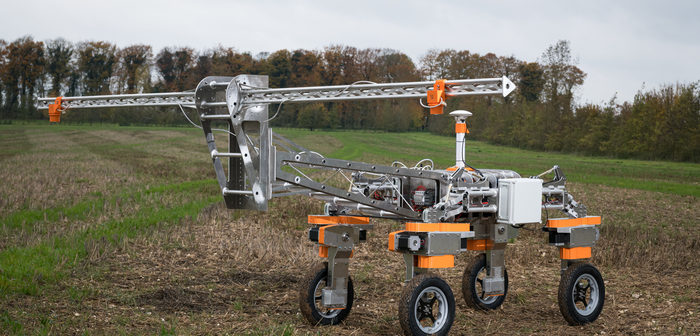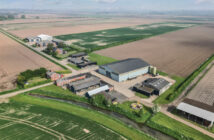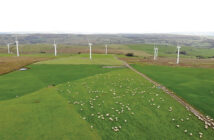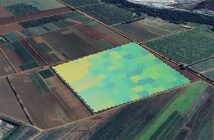Visitors to Agri-TechE’s REAP Conference have the chance to peer into the future as how AI can be delivered at scale to benefit agriculture is a key topic for discussion.
The event is being held at Newmarket Racecourse, Suffolk, on 6th November. Dr Elliott Grant, former CEO of Mineral will lead the keynote address of the potential applications of artificial intelligence to revolutionise agriculture.
The conference will also address how far this should go. The technology is there to gather vast data on a single plant, making the imperfect perfect but will this outweigh the general oversight of the wider crop?
Leaders from three global giants, John Deere, Bayer and Unilever, will discuss how supply chains can collaborate to deliver innovation to farmers. Phil Taylor, director of ecosystem development for Crop Science R&D, will represent Bayer on the panel.
“As an industry, we have spent the last five years recognising that we need to work together,” says Phil. “The next ten years will be about how to make the whole system sustainable and self-supporting. To achieve this, we need to find new ways of partnering.”
Chaired by Cambridgeshire farmer Tom Pearson, the Emerging Agri-Tech session is an opportunity for visitors to question researchers about their work and its relevance to farmers. The panel’s purpose is to ensure agricultural research is driven by the needs of farmers and for farmers to understand better the sometimes opaque links between detailed research and its real-world applications.
The Start-up Showcase reveals Agri-TechE’s top eight picks for the future of farming. The lineup for the REAP 2024 Start-up Showcase is revealed on the day.
Ensuring innovation is fit for farming in the real world is crucial. Because of this, REAP 2024 closes with a review of current farming practices thanks to a line-up of leading farmers who will ground-truth the concepts from the conference and share their views for the future.
To book a ticket click here.
The future of AI in agriculture: the keynote address at REAP 2024
We are in the early stages of AI in agriculture. What should growers be thinking about as they plan for the future?
“I think in 20 years we will look back and be incredulous that we used the same treatment across a whole field,” comments Dr Elliott Grant.
Mineral set out to apply the transformative power of AI to help make agriculture more sustainable and to increase its resilience to climate change. The team developed tools to gather, organise, and analyse information about the plant world at a new level of precision and speed. Using millions of data points, they provided insights into the relationship between crop genetics, environmental impacts, and management practices on the farm.
Elliott argues that plant monitoring at high frequency, not just high resolution, will create additional knowledge that will unlock new paradigms in farming.
Mineral partnered closely with US-based Driscoll’s, the world’s leading berry company, to develop AI tools to improve crop phenotyping, better forecast yields, and optimise quality inspections.
Integrating hundreds of different data types like imagery, soils, weather, planting times, and historical yield is well-suited to the power of AI. A key learning from these initiatives was the synergy between human expertise and machine intelligence. It was found that the careful combination of human intuition and raw AI power, with each learning from the other, gave the best results.
From this experience, Mineral developed a three-layered perception framework for agriculture: what can a machine see? (perception); what can a machine deduce from this information? (reasoning and decision-making); and how can the machine act on it? (action).
Elliott gives one example of a possible future scenario. Instead of a shed full of task-specific equipment, next-gen farms may have software-defined robots updated with new capabilities remotely. This would enable multi-functional machines, replacing the need for investment in specialised equipment each time the farmer wants to diversify.




